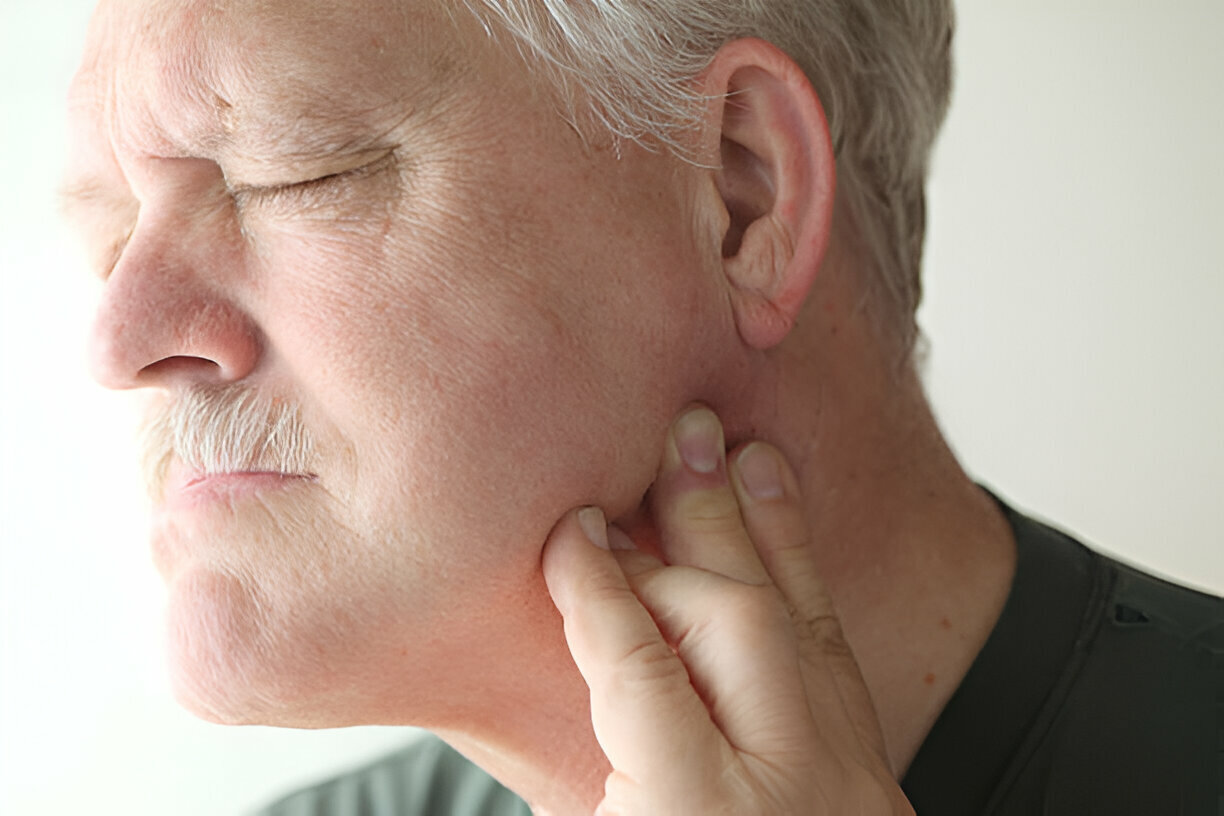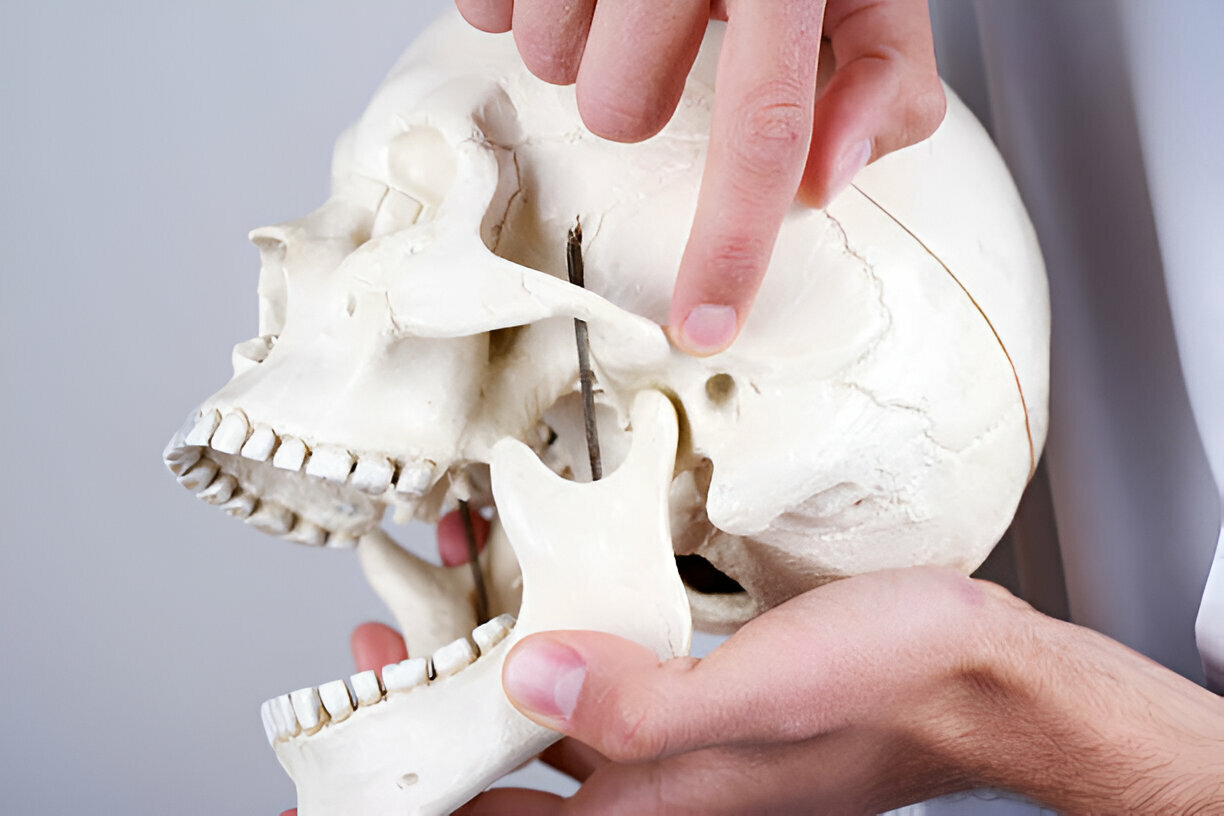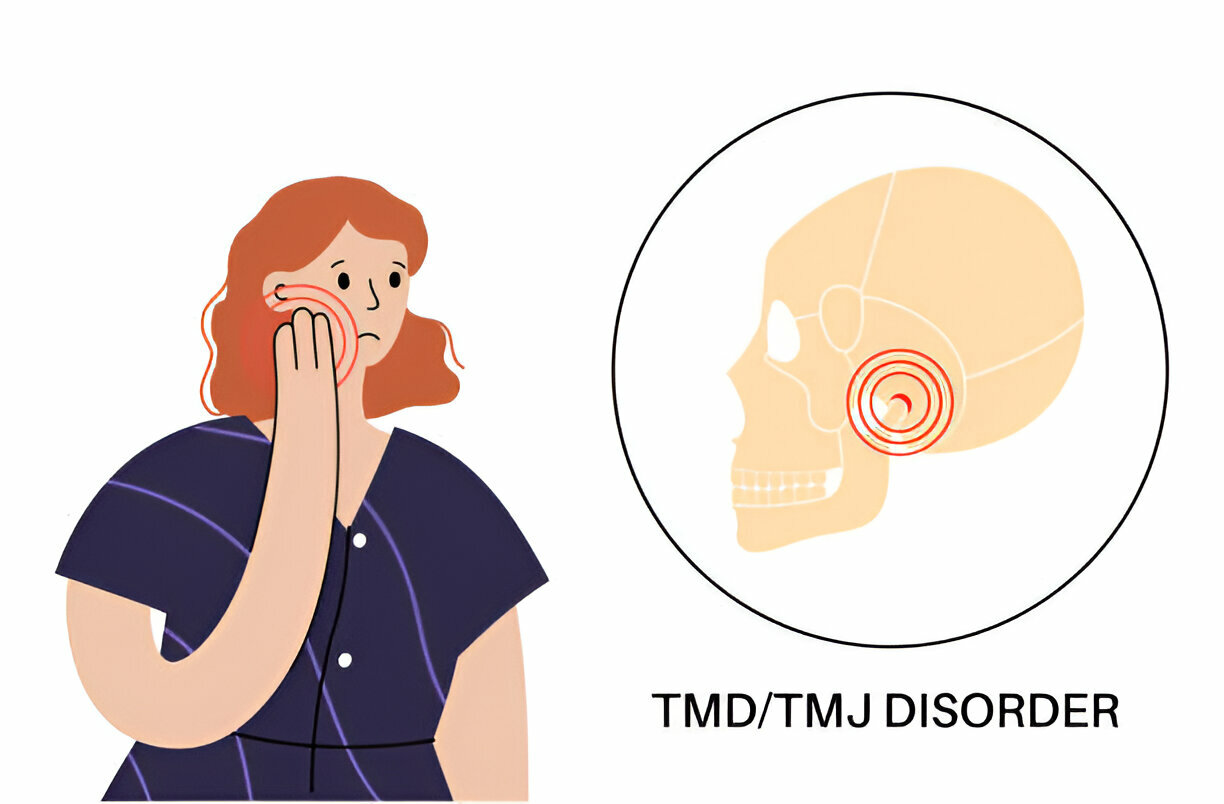Summary:
Do you often experience jaw pain, headaches, or difficulty chewing?
These could be signs of Temporomandibular Joint Disorder (TMD/TMJ), a condition affecting the jaw joint and surrounding muscles. Many people ignore these symptoms, assuming they will be left alone.

However, untreated TMJ disorders can lead to worsening pain, difficulty opening and closing the mouth, and even long-term joint damage.
At Sundance of Gallup, we provide expert TMD/TMJ treatment tailored to your needs. Our experienced Dentist in Gallup, NM, team helps patients regain comfort with personalized care and advanced techniques.
What You’ll Learn in This Blog:
- Causes of TMD/TMJ and risk factors
- How symptoms can impact daily life
- Effective treatment options are available in Gallup, NM
- Tips for managing symptoms at home
- Why professional care at Sundance of Gallup makes a difference
Let’s dive in and explore everything you need to know about TMJ Gallup treatment!
Understanding TMD/TMJ: Causes and Symptoms
Temporomandibular Joint Disorder (TMD), commonly called TMJ, affects the jaw joint and surrounding muscles. This joint connects the lower jaw to the skull, allowing essential movements like chewing and speaking. When the joint is strained or damaged, it can cause pain, discomfort, and restricted movement.
According to the National Institute of Dental and Craniofacial Research, nearly 10 million Americans suffer from TMJ disorders.
Common Causes of TMD/TMJ
- Teeth grinding (bruxism) – Excessive grinding or clenching puts pressure on the jaw joint, often occurring unconsciously during sleep.
- Jaw misalignment – A misaligned bite can stress the TMJ, leading to pain and dysfunction.
- Stress-related clenching – High-stress levels can cause habitual jaw clenching, leading to muscle fatigue.
- Arthritis or joint disorders – Osteoarthritis or rheumatoid arthritis can gradually erode the joint.
- Injury to the jaw – Accidents, falls, or sports injuries can damage the TMJ.
Common Symptoms of TMD/TMJ
- Jaw pain and tenderness – Aching pain in the jaw, face, or neck, especially while chewing.
- Clicking or popping sounds – Noticeable noises when opening or closing the mouth.
- Difficulty opening or closing the mouth – A locked or stiff jaw restricting movement.
- Frequent headaches or ear pain – TMJ issues can trigger tension headaches and ear discomfort.
- Facial discomfort – Persistent soreness or a tired feeling in the facial muscles.
Early diagnosis and treatment can help prevent worsening pain and long-term complications. For persistent TMJ symptoms, it is recommended that you consult a dentist or specialist.
Why Choose a Dentist for TMD/TMJ Treatment?
Temporomandibular Joint Disorders (TMD/TMJ) can significantly impact daily life, causing discomfort and limiting jaw function. Seeking treatment from a dentist, particularly one specializing in TMD/TMJ, offers targeted and effective relief.
Why Choose a Dentist for TMD/TMJ Treatment?
- Expert Diagnosis of Bite Misalignment: Dentists possess specialized knowledge to identify and assess bite issues that may contribute to TMD. At Sundance Dental & Orthodontics, the team conducts comprehensive evaluations to pinpoint the root causes of jaw discomfort.
- Non-Invasive Treatment Options: Prioritizing patient comfort, dentists often recommend non-surgical interventions. Sundance Dental & Orthodontics offers therapies such as custom mouthguards to alleviate symptoms without invasive procedures.
- Customized Oral Appliances: Tailored solutions like splints and mouthguards are designed to prevent teeth grinding and clenching, which are common contributors to TMD. These appliances are crafted to fit each patient’s unique dental structure, ensuring optimal effectiveness.
Advantages Over General Physicians:
While general physicians address a broad spectrum of health issues, dentists specializing in TMD/TMJ bring focused expertise in oral and maxillofacial health. Their in-depth understanding of dental anatomy and function enables them to offer precise diagnoses and tailored treatments, leading to more effective and lasting relief.
Effective TMD/TMJ Treatments at Sundance Dental & Orthodontics, Gallup
Sundance Dental & Orthodontics in Gallup offers specialized care for individuals suffering from Temporomandibular Joint Disorder (TMD/TMJ). Their patient-centric approach focuses on accurate diagnosis and personalized treatment plans to alleviate discomfort and enhance jaw function.
Advanced Diagnostic Techniques
To ensure precise identification of TMD/TMJ issues, Sundance Dental & Orthodontics employs:
- Digital Imaging & X-rays: Utilized to obtain detailed visuals of the jaw structure, aiding in detecting joint abnormalities.
- Bite Analysis: Assesses the alignment and contact between teeth to identify irregularities contributing to jaw discomfort.
Personalized Treatment Options
Based on diagnostic findings, Sundance Dental & Orthodontics offers a range of treatments tailored to individual needs:
- Custom Mouthguards & Splints: Designed to prevent teeth grinding (bruxism) and alleviate pressure on the jaw joint, these devices promote relaxation and prevent further damage.
- Bite Correction Treatments: Procedures aimed at realigning the jaw to improve function and reduce strain on the temporomandibular joint.
- Physical Therapy Exercises: Guided exercises to strengthen jaw muscles, enhance mobility, and reduce discomfort associated with TMD/TMJ.
- Medication Options: Appropriate medications may be recommended to reduce inflammation and manage pain effectively.
If you’re wondering, “Is TMJ treatable?“ the answer is yes. Sundance Dental & Orthodontics in Gallup provides comprehensive solutions to manage and alleviate TMD/TMJ symptoms, enhancing your quality of life.
The Benefits of Seeking Treatment in Gallup, NM
Seeking dental care at Sundance Dental Care of Gallup offers numerous advantages for residents:
Convenience
- Accessible Location: Situated in Gallup, NM, the clinic is easily accessible for residents, eliminating the need for long-distance travel.
Personalized Treatment
- Comprehensive Services: Sundance Dental Care offers a wide range of dental services, including preventive care, restorative procedures, and cosmetic dentistry, ensuring tailored treatment plans to meet individual needs.
Long-Term Management
- Ongoing Support: The clinic emphasizes continuous care with regular check-ups and follow-ups, fostering lasting relationships with patients to maintain optimal oral health.
How to Get Started with Your TMD/TMJ Treatment
Experiencing jaw discomfort or frequent headaches? These could be signs of Temporomandibular Joint Disorder (TMD/TMJ). Addressing these symptoms promptly can prevent further complications. Here’s how you can take the first step toward relief with Sundance Dental Care of Gallup:
Schedule an Initial Consultation
Don’t wait for the discomfort to escalate. Contact Sundance Dental to book your evaluation. Our team is equipped to assess your condition and recommend appropriate treatment options.

Prepare for Your Visit
To make the most of your appointment:
- Document Your Symptoms: Note the frequency and intensity of any discomfort.
- Review Lifestyle Habits: Consider factors like stress levels or habits such as teeth grinding.
- List Past Dental Issues: Provide a history of dental treatments or surgeries.
Takeaway
- Ignoring TMJ symptoms can lead to worsening pain and long-term joint damage. Seeking professional care early ensures better outcomes.
- Unlike general physicians, dentists have expertise in diagnosing bite misalignment and offering custom solutions like mouthguards and bite correction.
- With advanced diagnostics, customized oral appliances, and comprehensive care, patients in Gallup, NM, can find effective relief for TMJ discomfort.
- Experience an effortless smile with the experts who understand. Connect with our experts at Sundance of Gallup today!



